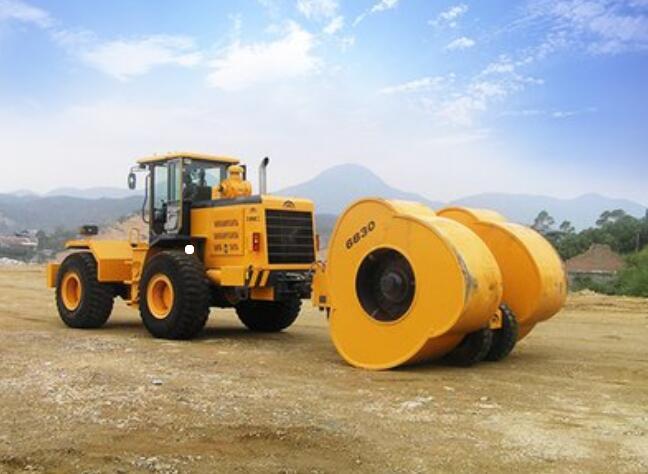What Hydraulic Pump is Used for the Roller: A Guide to Choosing the Right One
If you’re in the market for a hydraulic pump for your roller, you may be wondering which type of pump is the best fit for your needs. Choosing the right hydraulic pump can make all the difference in the performance of your roller, so it’s important to have a good understanding of the different types available. In this article, we’ll discuss the various types of hydraulic pumps commonly used for rollers, and what factors you should consider when choosing the right one.
Table of Contents
What is a hydraulic
Types of
Gear pump
Vane pumps
Piston pump
Choosing
Flow
Pressure rating
Horse
Efficiency
FAQs
What is
A hydraulic pump is a mechanical device that converts mechanical power into hydraulic energy. It does this by pressurizing hydraulic fluid, which is then used to power hydraulic motors and cylinders. Hydraulic pumps are typically driven by electric motors or internal combustion engines.
Types of hydraulic pumps
There are three main types of hydraulic pumps: gear pumps, vane pumps, and piston pumps. Each type has its own strengths and weaknesses, and choosing the right one for your roller depends on a variety of factors.
Gear pumps
Gear pumps are the most common type of hydraulic pump used for rollers. They’re relatively simple and inexpensive, and are capable of generating high flow rates at relatively low pressures. However, they’re not very efficient, and are prone to wear and tear over time.
Vane pumps
Vane pumps are another common type of hydraulic pump used for rollers. They’re more efficient than gear pumps, and are capable of generating higher pressures at lower flow rates. However, they’re more complex and expensive than gear pumps, and may not be the best choice for all applications.
Piston pumps
Piston pumps are the most complex and expensive type of hydraulic pump used for rollers. They’re capable of generating very high pressures and flow rates, and are extremely efficient. However, they’re also the most prone to wear and tear, and may require more maintenance than other types of pumps.
Choosing the right hydraulic pump for your roller
When choosing a hydraulic pump for your roller, there are several factors to consider:
Flow rate
The flow rate of the hydraulic pump determines how quickly the hydraulic fluid can move through the system. For most rollers, a higher flow rate is better, as it allows for faster movement and more efficient operation.
Pressure rating
The pressure rating of the hydraulic pump determines how much pressure it can generate. For most rollers, a higher pressure rating is better, as it allows for more force to be applied to the roller’s hydraulic motors.
The horsepower of the hydraulic pump determines how much power it can deliver to the roller’s hydraulic motors. For most rollers, a higher horsepower rating is better, as it allows for more efficient operation and faster movement.
Efficiency
The efficiency of the hydraulic pump determines how much of the input power is actually delivered to the roller’s hydraulic motors. For most rollers, a higher efficiency rating is better, as it means less power is wasted and more is delivered to the hydraulic motors.
FAQ
Leaks: Hydraulic pumps can develop leaks, which can be caused by worn or damaged seals, loose fittings, or damaged hoses.
Overheating: If the hydraulic system is not properly maintained, the pump can overheat, which can lead to damage to the pump or other components.
Contamination: Hydraulic fluid can become contaminated with dirt, debris, or other particles, which can cause damage to the pump and other components.
Cavitation: When the pump is running at high speeds, it can create low-pressure areas that can cause air bubbles to form in the hydraulic fluid. This can lead to cavitation, which can cause damage to the pump and other components.
Wear and tear: Over time, the hydraulic pump can become worn and damaged due to normal use, which can lead to decreased performance and reliability.
To avoid these problems, it is important to properly maintain the hydraulic system, including regular inspections and fluid changes, and addressing any issues as soon as they arise.
Post time: Mar-27-2023





